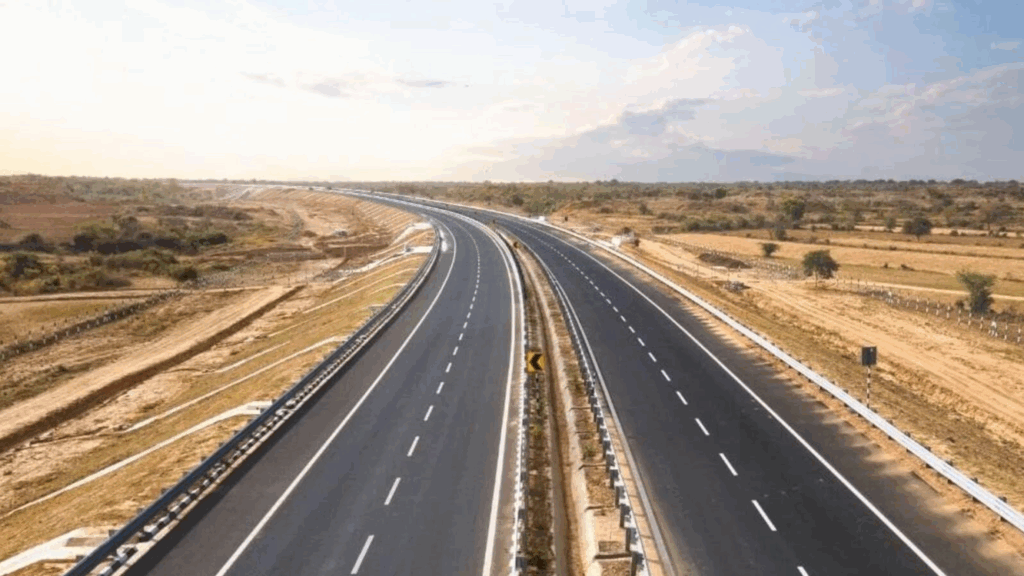The Ministry of Road Transport and Highways has proposed reducing toll charges during the widening of 10-metre-wide two-lane highways with paved shoulders into four-lane highways. The reason: commuters face inconvenience and limited road access while construction is underway, so full toll charges aren’t justified.
Current Toll Rate May Be Reduced to 30%
At present, users pay 60% of the standard toll rate on such highways, even during expansion, because they lack dividers and full service quality. The new proposal recommends slashing this to just 30% of the regular rate during construction, pending approval from the Finance Ministry.

Wider Roads Already Have Toll Caps
When four-lane highways are expanded to six lanes, or six to eight, the toll charged during construction is capped at 75% of the regular rate. This system recognizes that full services are unavailable during the construction phase, and has even been questioned by courts due to inconsistencies.
Why the Focus on Two-Lane Highways
The proposal gains significance in light of Union Minister Nitin Gadkari’s recent announcement of a massive road upgrade. The government plans to convert 25,000 km of two-lane highways into four-lane ones in the next two years, investing ₹10 lakh crore.
Two-Lane Roads Make Up Over Half of NH Network
Out of the total 1.46 lakh km National Highway network, around 80,000 km are two-lane or two-lane with paved shoulders. The government is prioritizing these for expansion over the coming decade.
Other Measures to Ease Toll Burden
This isn’t the first step aimed at easing toll pressure. Earlier, the government introduced a ₹3,000 annual toll pass scheme for private vehicles, allowing them to cross 200 toll plazas a year. Additionally, a rule was recently introduced to cut toll charges by up to 50% for structures like bridges, tunnels, and flyovers — especially benefiting commercial and heavy vehicles.
